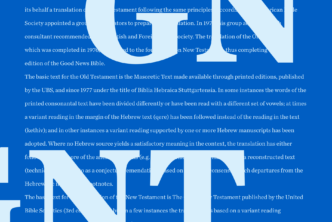Logos recently put the Baylor Handbook on the Greek New Testament (BHGNT) on Pre-Pub, and I can’t overemphasize how awesome and useful this series is!
You may come across a difficult grammatical construction or syntactical anomaly in the Greek text of the New Testament, and turn to a critical commentary like the ICC or NIGTC looking for help. While these commentaries will often answer your grammatical and syntactical questions, there are still times where you won’t find the information you’re looking for. This is where the BHGNT shines!
What makes the BHGNT so amazing is how it focuses primarily on matters of grammar, syntax, linguistics, and lexicography. That is to say, it is primarily a philological commentary. But that is not all! The BHGNT also includes cross-references to major commentaries, grammars, Louw and Nida, and BDAG—all easily accessible in Logos 4 with a simple click of your mouse! As a bonus, some of the later additions (i.e. Luke and 1 Peter) interact with the Discourse Grammar of the Greek New Testament, authored by our very own Steve Runge.
Here’s a real-life example of how helpful the BHGNT is. Let’s say that you’re translating Paul’s letter to the church in Ephesus for an intermediate Greek class. You need to identify the uses of participles, infinitives, and important noun cases. You are doing great, but then you hit a wall—you cannot for the life of you figure out in what sense the infinitive ἀνακεφαλαιώσασθαι in Eph 1:10 is being used. Instead of reading through pages of critical commentaries looking for a possible answer, the BHGNT cuts right to the chase and gives you:
ἀνακεφαλαιώσασθαι. Aor mid inf ἀνακεφαλαιόω (epexegetical to μυστήριον 1:9).
The BHGNT is concise and jam-packed with a wealth of valuable philological information, saving you time.
So, if you’ve been looking for a resource that can help you out of a philological jam, then the Baylor Handbook on the Greek New Testament for Logos is exactly what you need!





